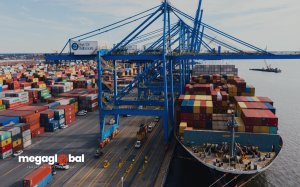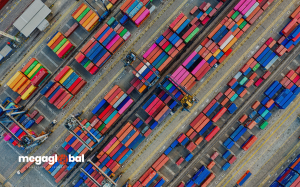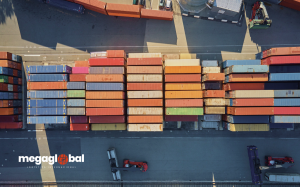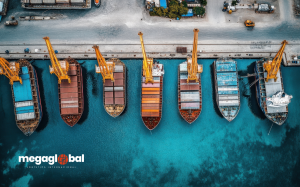From missing paperwork to surprise inspections — these customs errors could severely impact your international shipments
Has your cargo ever been held at customs for no clear reason? Or maybe you received unexpected charges after your goods arrived? It might’ve been a small mistake in your paperwork — but one that cost you big. If you’re importing or exporting, there’s no room for error in customs procedures. This article breaks down the most common (and expensive) mistakes that businesses make when handling international shipments.
1. Incomplete or incorrect documentation
This is one of the most frequent (and preventable) mistakes. Commercial invoice, packing list, certificate of origin, licenses, declarations — they all need to match exactly. Even a single incorrect number or an expired permit can lead to fines, delays, or cargo being held at the border.
2. Incorrect tariff classification
Did you know that a wrong tariff code can lead to excessive duties or fines? Every product must be classified under the Harmonized System (HS). If your goods are misclassified, you might pay unnecessary import taxes or face penalties.
3. Ignoring destination country regulations
Each country has unique import/export regulations. From sanitary and phytosanitary rules to labeling and certification, there’s a lot to consider. Want to ship food to the U.S.? You’ll need to comply with FDA standards. Electronics to the EU? Better check the CE requirements.
4. Not preparing for inspections or audits
Many companies are caught off guard when customs selects their cargo for inspection. Without the right preparation, you may face delays, extra charges, or even cargo destruction. To avoid this, keep a well-organized documentation system and anticipate what customs might ask.
Want to avoid expensive mistakes in your next shipment? Start reviewing your customs procedures today and share this article with your logistics team. A little foresight can save you thousands.
#InternationalTrade #CustomsCompliance #ImportExport #GlobalLogistics #TradeTips #SupplyChainManagement







